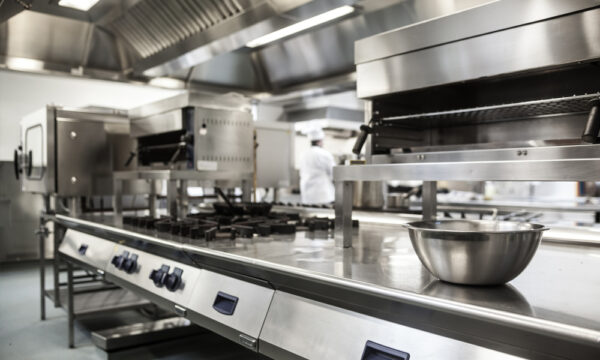
Setting up a commercial kitchen is important for many businesses, especially restaurants, cafes or catering services. A well-planned kitchen keeps operations running smoothly and helps staff work efficiently and safely. Here are considerations to make when outfitting your commercial kitchen.
Kitchen Layout and Workflow
The way your kitchen is laid out plays a critical role in how it runs. A smart design helps your staff move quickly between tasks without bottlenecks or running into one another. Divide the kitchen into specific zones based on different tasks, such as preparation, cooking, plating and cleaning. To help streamline operations, make sure the flow between these zones is direct and safe. Consider ergonomic design elements, like placing equipment at a comfortable height, to reduce unnecessary movements and keep staff injury-free. If you’re a restaurant, here’s a guide to designing and outfitting your restaurant kitchen.
Budget Planning
Building out a commercial kitchen can get expensive, so it’s important to make a budget and prioritize what you need. Consider making a kitchen equipment list/checklist. Some equipment, like commercial refrigerators and freezers or stoves, is a significant financial investment, but financing options can help manage costs. Investing in quality equipment upfront saves money over time by reducing repair costs and downtime. Include warranties in your budget as they also often save on repair costs in the long run.
Smart Storage Solutions
A well-organized kitchen is more efficient and can cut down on waste. Shelves and dry storage units keep non-perishable items like spices and canned goods easy to find. For fresh food, walk-in refrigerators and freezers can be important. Choosing the right refrigeration and freezer options depends on what you need to store. For example, if you work with lots of frozen goods, a larger freezer may be needed. Here’s how to choose the right size freezer.
Health Codes and Safety Regulations
Local health departments often have specific guidelines regarding food storage, handling and preparation areas to prevent contamination. Educate yourself about health codes and safety regulations before outfitting your commercial kitchen. For example, kitchens must include hand-washing stations. Proper ventilation systems are also important to control temperature, eliminate smoke and reduce airborne grease. Consider installing non-slip flooring to prevent accidents. Equipment should meet all required standards and be sure surfaces are easy to clean. Staying updated on regulations avoids fines and fosters a safe and hygienic space.
Selecting Equipment
Choosing the right equipment means your kitchen can handle the demands of your business. Commercial-grade appliances are built to last and can withstand heavy use. Depending on your menu, consider investing in versatile equipment that serves multiple purposes, like a combination oven. Energy-efficient appliances are also a smart investment. They help reduce your utility bills and lower your kitchen’s environmental impact.
Quality Equipment You Can Trust
Iron Mountain Refrigeration has been providing reliable, high-quality equipment for over a decade. Browse our commercial refrigerators and freezers to find equipment that fits your business needs. We offer five-star customer service and warranties to give you peace of mind. Plus, we provide free shipping to most locations. If you have questions, contact us—we’re here to help!



















